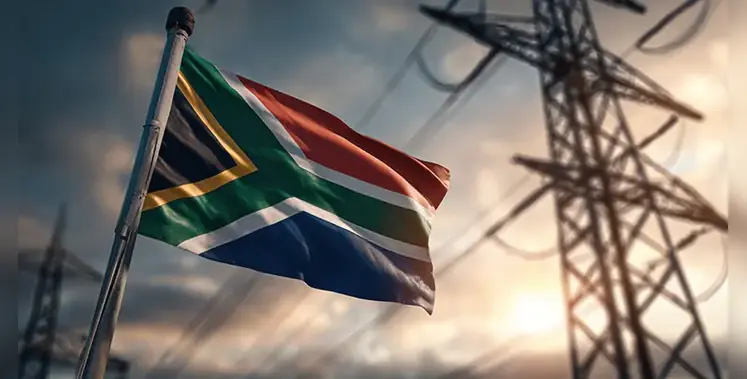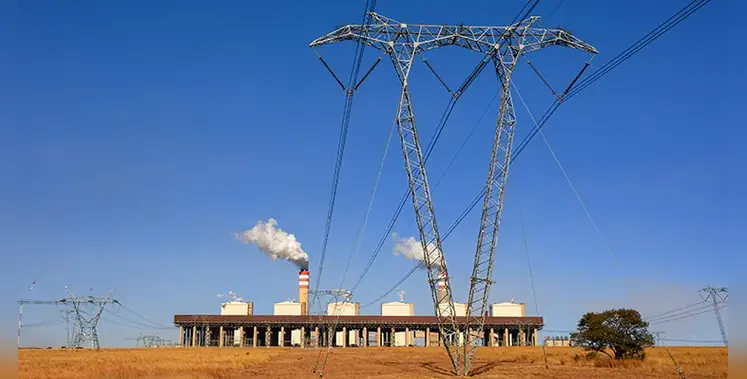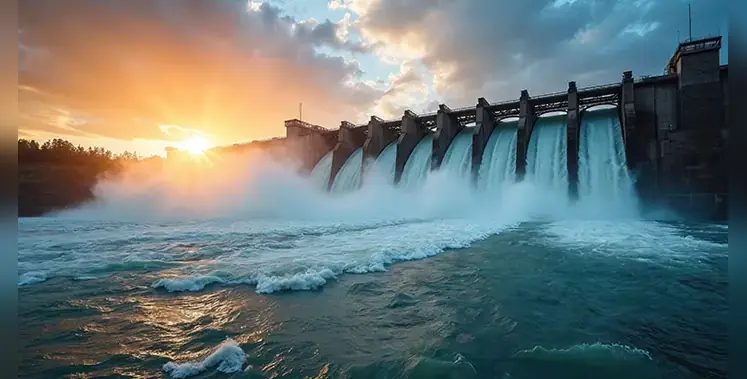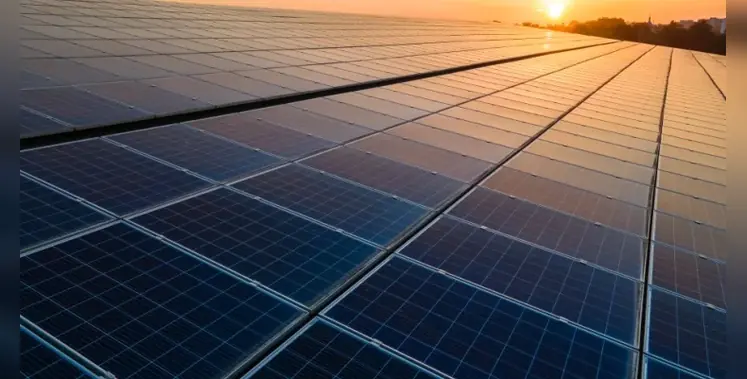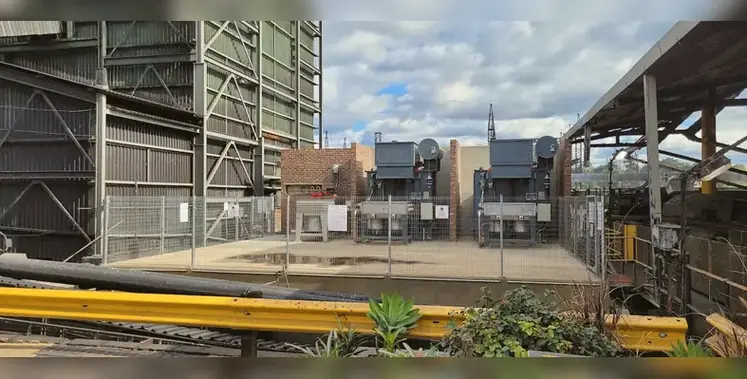
ABB deploys high performance rectifier and controller technology to stabilise power at MMC refinery in Mbombela. (Image source: ABB)
ABB has implemented advanced controller technology for high-power rectifier systems at the Manganese Metal Company refinery in Mbombela, strengthening power stability at the facility
Located in South Africa’s Mpumalanga province, MMC holds a unique position in global markets as the only producer of high-grade electrolytic manganese metal outside China. It is also the world’s largest refinery of 99.9% selenium-free EMM. The company supplies more than 120 customers across 20 countries, with approximately 95% of its annual output exported for applications such as lithium-ion battery production, alloying, welding and electronics.
To safeguard operational continuity in a competitive international environment, MMC required a solution to counter power instability that had been placing strain on ageing transformers. ABB addressed this challenge by integrating its AC 800PEC high-performance controller with six MCR1000 high-power rectifier units. The controller is engineered for rapid and accurate responses to grid fluctuations, supporting high-speed control algorithms with cycle times as low as 100 microseconds for fast control loops.
The upgraded system is designed to ensure a more stable power flow to the manganese production plant, enhancing availability and supporting higher productivity levels. According to the customer, the advanced control platform has significantly reduced unplanned outages and improved overall operational reliability, resulting in more predictable production performance.
“We were faced with several critical challenges that affected our operations and potentially our market position,” said Teheli Morabe, chief operating officer, MMC.
“Technical constraints, particularly the use of older rectifier technology, resulted in trips whenever there was adverse weather and during electrical grid fluctuations. The plant’s continuous production demands meant that downtime was not an option, and so we had to resolve these issues without disrupting operations. ABB’s innovations not only addressed our immediate operational challenges but also established a foundation for long-term stability and competitiveness.”
“Our project with MMC is an example of ABB working in an unseen way yet making a significant positive impact to important customer operations,” said Ralph Burgener, Global Business Unit Manager for High-Power Rectifier, ABB’s Process Industries division.
“Power supply challenges exist the world over but are particularly well-known in South Africa. To be able to overcome that with automated, power control technologies brings a great deal of satisfaction to our teams as engineers. We are enabling this manganese plant to compete internationally, which aligns with ABB’s mission of engineered to outrun.”







